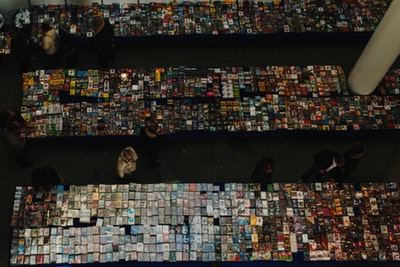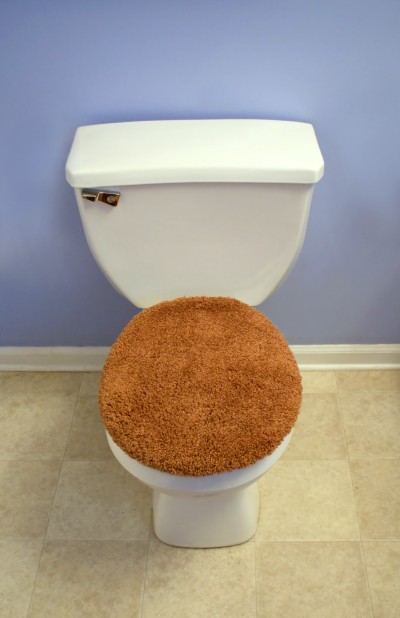How to Avoid Selling Knockoff Goods

Every smart merchant knows profit is made when one buys, rather than sells. After all, if you can get your product at a very low price, you’ll make more profit when you sell it.
However, in your zeal to buy low and sell high, you have to be careful to ensure the products you sell are authentic. Many consumers already have an innate suspicion of online shopping.
Marketing counterfeit merchandise will only serve to further erode customer trust, so here’s how to avoid selling knockoff goods.
If It Looks Too Good To Be True
When one vendor’s price for a particular good is far lower than you’ve seen anywhere else, the odds are good you’re looking at counterfeits.
Prices don’t just materialize out of thin air, they reflect the costs associated with manufacturing, transporting and marketing the goods.
By and large, these expenses are uniform across the board. So a wildly lower wholesale price is usually indicative of unscrupulous activity.
Tread very carefully when you see what looks like the deal of a lifetime to make sure what they’re selling is what you think you’re buying for resale.
Stick With Manufacturer Approved Distributors
One of the best ways to avoid being victimized by counterfeiters is to always buy within the manufacturer’s approved wholesale network. Venturing outside of these channels for a great deal could leave you stuck with a gross of knock off product.
Make an effort to know the people representing the products. Perform your due diligence to learn the nature of their reputation. Check with the manufacturer to see if the entity is truly an authorized distributor.
Examine Shipments Carefully/Pay Attention to Details
While more and more goods—even high-end luxury products—are being made in China; the country of origin can still be a clue in many industries.
If you’re selling fine Swiss watches and you see “Made in China” stamped on them that ought to be a clue — OK? Seriously though, when you create an ecommerce website, it’s important to get to know the products you offer inside and out so when something’s amiss you can spot it more readily.
Invoices, packing slips, model numbers, serial numbers and certificates of authenticity should all conform to the manufacturer’s norms. When they don’t, something’s amiss.
Look carefully at the products, study them and get to know them well.
You must train your eye to note the hallmarks of the wares you offer if you’re going to be a successful purveyor of luxury goods, whenever you notice even a minor discrepancy, subject the entire shipment to scrutiny.
Pay Attention to Your Customers
In some cases, your customers will discover authenticity issues before you do. If you start getting customer complaints about the quality of a product you believe to be the first tier, you need to investigate your wholesaler more closely.
This is why it’s imperative to encourage feedback from your customers. Ask them to tell you what they think of your merchandise and listen when they do.
Remember, for every single complaint you get, there are ten more people out there saying nothing—to you. However, you can bet they’re telling everyone else you’re a crook.
When all is said and done, if you truly want to avoid selling knockoff goods, the steps are relatively straightforward.
If the price is unbelievably low from a distributor with no ties to the manufacturer and the goods are missing even one of the traditional hallmarks, you’re probably looking at fakes. And, you should report the source to the manufacturer right away.






